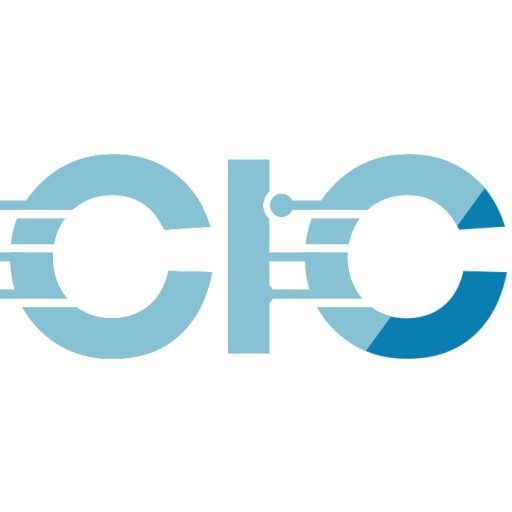In the modern world of power and energy management, the Watt Hour (Wh) is a basic but important concept. Whether in battery technology, electricity billing or energy consumption monitoring, the Watt Hour plays a key role.
It combines power (watts, W) and time (hours, h). Specifically, watt-hours represent the amount of energy a device consumes or stores in one hour.
The formula is as follows:
Watt-hours = power (watts) × time (hours)
For example, if an appliance has a power of 100 watts and it runs for 2 hours, the energy it consumes is: 100 watts × 2 hours = 200 watt-hours (Wh)
Difference Between Watts and Watt-Hours
While Watt describes the power level at a moment in time, Watt-hour describes the total energy consumption over a period of time.
Speed and distance can be used as an analogy to Watt and Watt-hour to help understand. For example, a car might travel at 60 miles per hour, which is similar to Watt because this is the speed of the car at any given moment. If the car travels at 60 miles per hour for one hour, the distance it travels is 60 miles, which is similar to Watt-hour because it represents the total distance traveled over a specific period of time.
What is kilowatt-hour (kWh)?
Kilowatt-hours (kWh) and watt-hours (Wh) are both units used to measure electrical energy. The conversion relationship between them is simple:
1 kWh = 1,000 Wh
So, if you have an appliance that consumes 5 kWh, that's equivalent to 5,000 Wh. Conversely, if you have an appliance that consumes 2,500 Wh, that's 2.5 kWh. This relationship can help you better understand the use and measurement of electrical energy.
Application
Electricity bill calculation: Electricity companies typically calculate electricity bills in watt-hours. The meter measures the total amount of energy you use over a certain period of time, in watt-hours. Knowing your watt-hour consumption can help you predict and control your electricity bills.
Energy management: For homes and businesses, knowing the watt-hour consumption of appliances can help develop more effective energy management strategies. For example, knowing the watt-hour consumption of an appliance can help you choose a more energy-efficient device or adjust your usage habits to reduce energy consumption.
Battery capacity: Watt-hours are an important indicator in the selection and use of batteries. It represents the amount of energy that a battery can store, which affects the use time of a device. Knowing the watt-hour capacity of a battery can help you choose the right battery to ensure that your device can work properly when you need it.
Device performance: The performance and efficiency of some appliances can be measured by watt-hour consumption. For example, a high-efficiency device may consume fewer watt-hours at the same power and show higher energy efficiency.
Environmental impact: Reducing electricity consumption can help reduce your carbon footprint. By monitoring and reducing watt-hour usage, you can reduce the load on the power grid and reduce the impact on the environment.
In summary, watt-hours play a critical role in electricity management, whether in personal electricity bill management, equipment selection, or large-scale energy planning.
For more information, please contact:ciclibattery.com


